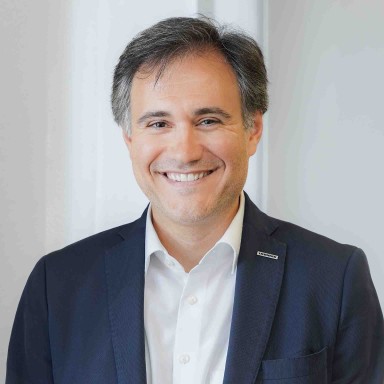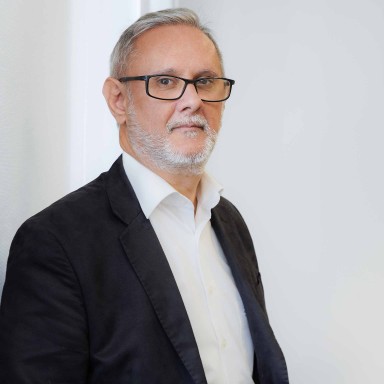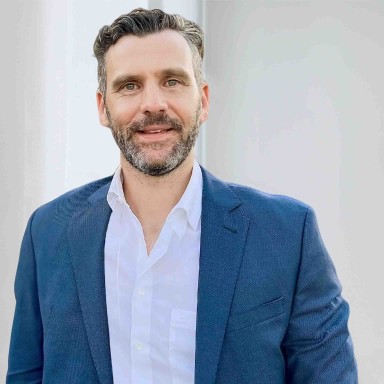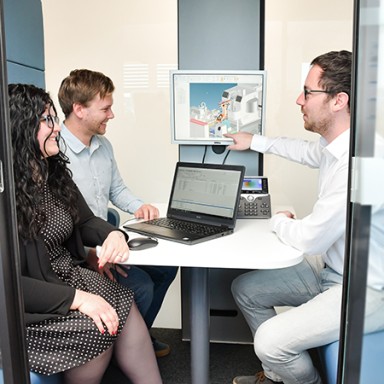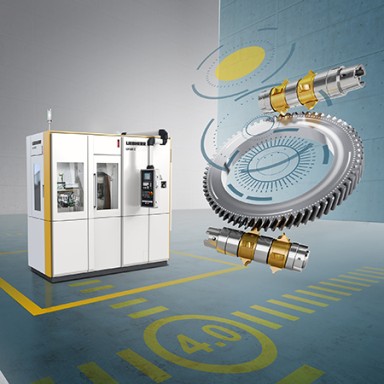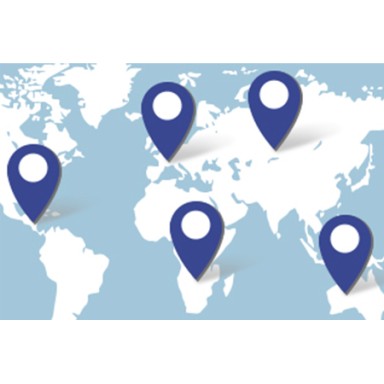
Combined resources
The market and product sales of Liebherr-Verzahntechnik GmbH in South America are handled by a German-Brazilian team: Rodrigo Manzano heads the company's Guaratinguetá office and is the main local contact person along with After Sales Manager Claudio Mota. Tobias Färber is the regional sales manager in Kempten and liaises between them and the engineering, production and logistics departments. The Managing Director of Sales and Service at Liebherr's Brazilian site, Daniel Poll, joined the interview 'remotely'.
How did the founding of a sales and service branch of Liebherr-Verzahntechnik GmbH in Brazil come about?
Poll: Instead of leaving the market to others, we wanted to offer our customers one-hundred-percent Liebherr quality in sales and service. Our direct line to Kempten has the advantage that our service and sales staff are always trained and qualified in the latest technology. At the same time, our proximity to the other divisions in Guaratinguetá gives us a high degree of verticalization and access to many technical resources.
What are the peculiarities of the South American market and how did the REMAN program come about?
Manzano: We realized that there's a great deal of interest in retrofitting existing machines. Companies here often use their machines for longer than in other countries, and for some of them, capacity utilization makes it not worth their while to buy new machines. Remanufacturing offers were already available in other Liebherr divisions. We have excellent technicians with a lot of machine expertise, so it was only logical to turn this into a product.
Färber: However, we offer more than just a retrofit. We take the machine apart and replace all the components and the entire electronics. When the machine is reassembled, it is state of the art and we give it a new warranty.
Mota: Obviously, this also increases the trust our customers have in us for spare parts service and assembly. A pilot project is even underway now for assembling a LC 280 α or a LC 280 DC, our "entry-level" gear hobbing machines.
How much have your work and your communication methods changed in recent years?
Manzano: During the pandemic, we very quickly and flexibly introduced digital communication formats: for example, we offered our customers technical webinars, which went very well. Our technicians trained via Teams or video calls, instead of going to Kempten. This was all helped by the Brazilian mentality, which is very open to new technologies.
Mota: We now do remote diagnostics and maintenance much more often. Many companies used to be reticent because they were worried about data security. That has totally changed now: almost 70% of maintenance or repair requests are handled by remote support.
Färber: In this respect, we make use of all the technical options, but are still very happy that face-to-face meetings and visits to sites are possible again.

